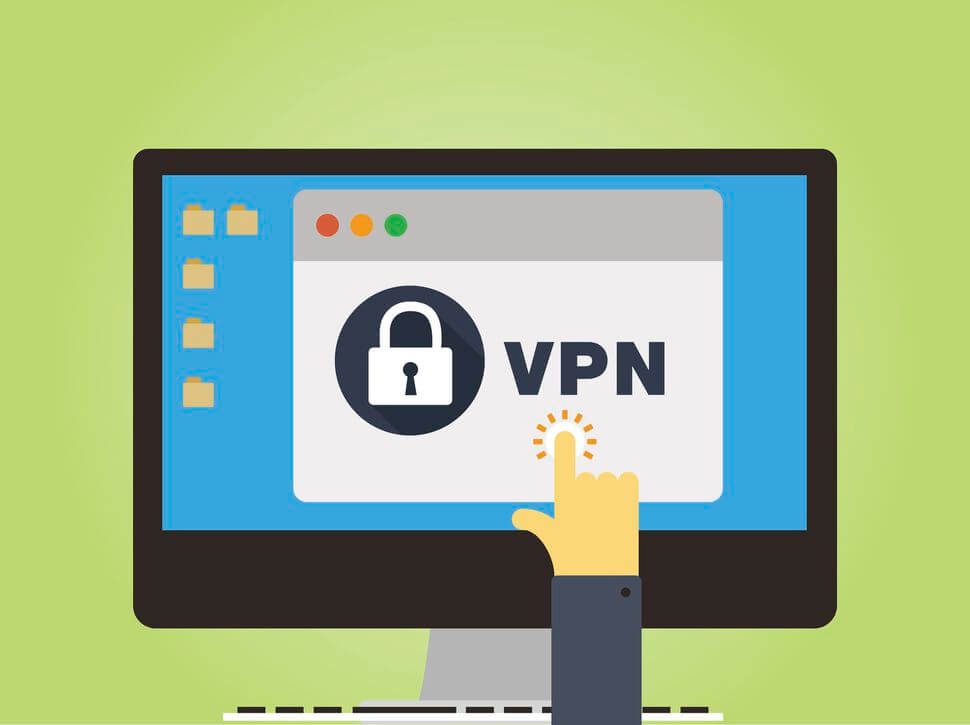In modern times, it has become important that our internet connections and digital information is kept private. This is accomplished by ensuring internet security. One of the ways of doing this is by using a VPN. Known in full as a virtual private network, it is a server sitting between your computer and the internet. It encrypts all outgoing data and filters all incoming information to ensure that it does not pose a risk to your computer system. There are many VPN providers today. They all use specific methods of measuring effectiveness. Here they are.
Parameters used by VPN Providers to Measure the Effectiveness of their Services
VPN providers have a variety of parameters which they utilize for the purpose of measuring how effective their services are. They include:
- The number of countries served
- Number of servers
- Protocols in use
- Platforms utilized
- Connections
- Data logging capability
The Number of Countries Served
VPN services normally cover a range of nations at any one time. This is done for two purposes. One of these is to bounce a connection from one country to another in a bid to proxy the connection. The other purpose is to provide secure internet access to many clients. A VPN can serve from 20 to more than 190 countries at a time. Generally, the more countries a VPN can serve, the better it is.

Number of Servers
For it to make your connection private, a VPN gives your computer a proxy address. Once it does this, it bounces your connection around the world on various servers. VPN services can have up to 3000 servers distributed across the world. They provide paths through which your connection is taken before delivery to the website which you desired. The more servers a VPN service has, the more efficient it is.
Protocols in Use
VPN providers normally use specific protocols so as to hide your computer’s identity and deliver information from the internet to you in a secure way. Some examples of these protocols include OpenVPN and IPSec. Depending on the level of security desired, a VPN provider can add the number of protocols or reduce them. According to the FastestVPNGuide, the more protocols that are implemented, the more secure the connection provided by a VPN.
Platforms Utilized
Computer systems, as well as mobile devices, can utilize VPN services. These devices use different types of operating system platforms. Therefore, VPN providers adapt their systems to support a variety of platforms. Examples of these are Windows, Mac, Android, and Linux. The more platforms a VPN can serve, the more versatile it is.
Connections
In the process of routing your internet connection through your internet service provider (ISP) in a secure way, VPN services normally utilize a number of connections. These are essentially pairs of outlets and inlets. They can be as few as 2 and as many as 5. Efficient VPN services normally have higher numbers of connections for their users.
Data Logging Capability
Data logging is the process of collecting information about your Internet connection. This information includes timestamps for connection, amount of data that is transferred, your connection internet protocol (IP) and also your platform. VPNs normally log various amounts of data at a time. The more the data a VPN can log at a time, the better it is.
Conclusion
To experience better digital security, it is important to invest in a VPN service. There are many providers of this service around the world. They use the parameters indicated above to measure their services.






















Leave a Reply